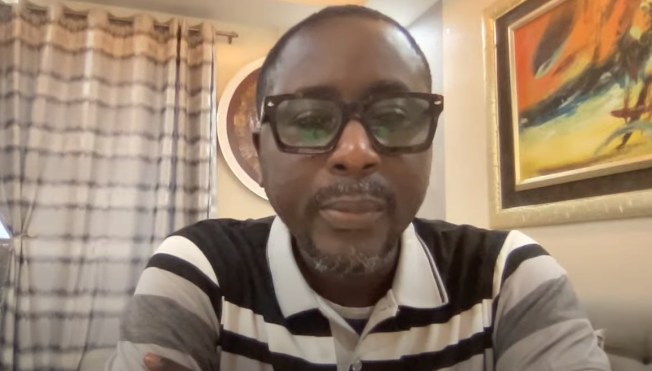Ahead of elections in Senegal and the Democratic Republic of the Congo, journalists are being legally harassed and physically attacked.
In Senegal, journalist Pape Alé Niang was arrested on July 29 and released on August 8, following a 10-day hunger strike. The day before his arrest, Niang broadcasted a video on his outlet’s YouTube channel, in which he discussed the arrest of opposition politician Ousmane Sonko ahead of Senegal’s February 2024 elections.
Separately, Maty Sarr Niang (no relation to Pape Alé Niang) has remained in detention since her arrest on May 16, despite similarly conducting a hunger strike from July 30 until August 3.
These detentions coincide with the suspension of the Walf TV broadcaster in Senegal, once a beacon of press freedom in West Africa, and the weaponization of internet and social media shutdowns by the government, which the #KeepItOn coalition denounced.
And in the Democratic Republic of Congo, at least seven journalists reporting on political candidates in the lead-up to the December elections were stoned, slapped, or beaten in late July. This intimidation extended past state borders when, on July 30, men who identified themselves as Congolese police punched and yanked the clothing of two Congolese reporters at an airport in Ethiopia.
CPJ has called on Congolese authorities to investigate these assaults and hold the perpetrators to account, and for politicians and their supporters to respect journalists’ rights to report freely and safely in the lead-up to national elections on December 20.
- Former journalist and presidential candidate Fernando Villavicencio assassinated in Ecuador
- Bangladesh to replace draconian Digital Security Act with new law; Bangladeshi student journalist suspended from university over graft report
- Taliban shuts down Afghan broadcaster Hamisha Bahar over mixed-gender journalism training
- CPJ urges Pakistan lawmakers to reconsider bills that could undermine press freedom
- Turkish journalist Barış Pehlivan ordered to return to prison over alleged parole violation; Turkey suspends critical outlet TELE1 for a week
- Ukrainian journalist Volodymyr Sedov assaulted after investigating crime
- CPJ joins letter of concern about Kosovo’s banning of Serbian reporter Svetlana Vukmirovic
- Niger blocks RFI and France 24 in wake of coup
Spotlight
The 2021 killing of crime reporter Peter R. de Vries in the Netherlands was the most serious attack on journalist safety in a country where press freedom has long been taken for granted.
While De Vries was likely murdered for his role advising a witness in the trial of an alleged drug kingpin, the death still rattled Netherlands journalists, who have faced multiple attacks on newspaper offices, harassment at protests, and threats amid a rise in illegal drug trafficking.
CPJ spoke with journalists, advocates, and government officials during a recent trip to the Netherlands about ways to keep journalists safe in an increasingly hostile media climate.
Read more in our new special feature.
- The US must honor its promises to Afghanistan’s women journalists — Devon Cone and Salma Niazi, The Hill
- Forced to flee: The challenges exiled journalists face in Europe — Priyal Shah, The Fix
- How the loss of local newspapers fueled political divisions in the U.S. — PBS NewsHour
- ‘Tomorrow it will be you’: A dark future for press freedom in Iraqi Kurdistan — Winthrop Rodgers, The New Arab
- Covering Climate as an Indigenous Affairs Beat — Tristan Ahtone, Nieman Reports
- Internet shutdowns: here’s how governments do it — Lisa Garbe, The Conversation
